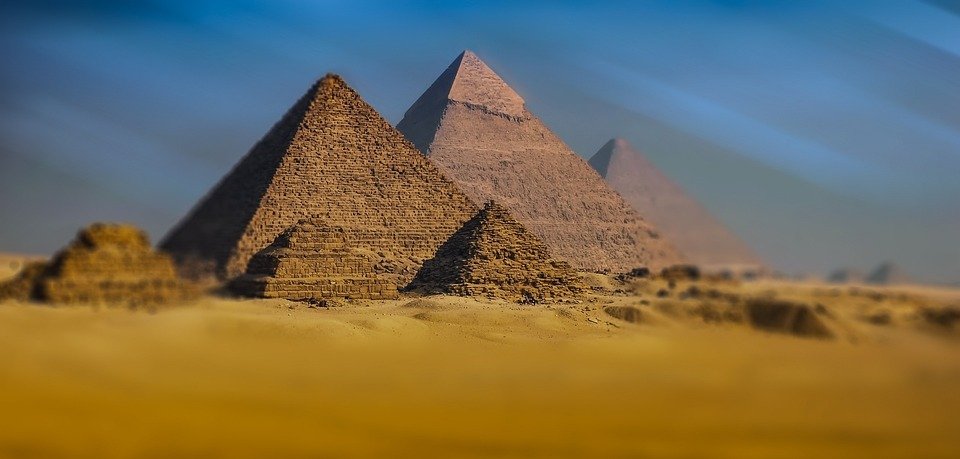Wondering when to go to Giza without running into huge crowds or bad weather? Giza, with its iconic pyramids and rich history, is a bucket-list destination for many travelers. However, the ideal time to visit depends on several factors: weather, budget, local events, and what you want to do while you're there. Let's break it down so you can make the most of your trip!
Overview of Giza’s Climate
First off, let's talk about the weather in Giza. This desert city experiences a predominantly dry climate, making the summers quite hot and the winters relatively mild. If you're not keen on extreme temperatures, that's definitely something to consider.
Seasons in Giza
-
Winter (December to February): Average temperatures range from 9°C (48°F) at night to around 20°C (68°F) during the day. It's mild but can get chilly at night.
-
Spring (March to May): Average highs can reach up to 31°C (88°F) by May. This season witnesses the famous Khamsin winds, carrying dust storms.
-
Summer (June to August): Talk about heat! Average highs are around 35–40°C (95–104°F), and the dry desert air makes it feel even more intense.
- Autumn (September to November): Temperatures begin to cool down, with highs around 28°C (82°F) in September and 23°C (73°F) in November.
Overall, the best time to visit Giza is between October and April when temperatures are more comfortable.
Month-by-Month Breakdown
Let's take a closer look at each month, focusing on what you can expect:
January – February
Weather: Mild with average daily temperatures around 18–20°C (64–68°F).
Events: Quiet month for tourism.
Pros: Perfect for exploring without extreme heat; fewer crowds.
Cons: Nights can be quite chilly.
Best For: Travelers looking for peace and comfort.
March – May
Weather: Temperatures start rising, with up to 31°C (88°F) in May.
Events: Ramadan starts sometime in this window.
Pros: Groovy vibes with blooming flowers; good time for photography.
Cons: Khamsin winds can bring dust and allergens.
Best For: Photographers and those looking to escape colder climates.
June – August
Weather: Extremely hot, often exceeding 40°C (104°F).
Events: Peak tourist season for locals; few international tourists.
Pros: Cheaper hotel rates and fewer international visitors.
Cons: Too hot for outdoor activities; exhausting for exploration.
Best For: Budget travelers open to compromising on comfort.
September – November
Weather: Gradually cooling down, averaging around 25–28°C (77–82°F).
Events: Ideal time for cultural festivals like Sham el-Nessim in April.
Pros: Comfortable temperatures; beautiful sunsets.
Cons: Crowds start to pick up as the holidays approach.
Best For: Those who love cultural events and mild weather.
Tips Based on Travel Style
So, when to travel to Giza based on what you enjoy most? Here's a quick guide tailored for different types of travelers:
For Budget Travel
Best Time: June to August. Hotel prices drop significantly, making it easier to stick to a budget. Just be prepared for the heat!
For Avoiding Crowds
Best Time: January to February. Enjoy the pyramids and other attractions without the hustle and bustle of tourists.
For Outdoor Activities or Cultural Events
Best Time: March and April. The weather is ideal for outdoor excursions like riding camels near the pyramids. You might also catch local events around this period.
For Romantic or Solo Trips
Best Time: October to November. With cooler temperatures and beautiful scenery, it's perfect for evening walks and capturing stunning sunset views.
It Really Depends…
It really depends on what kind of experience you're looking for. Some travelers love the tranquil vibe of January, while others aim for the lively festivals in Ramadan. If you're someone who enjoys photography, capturing the pyramids in the golden light of autumn sunsets is an unforgettable experience.
Remember, whether you decide to brave the summer heat for budget-friendly rates or enjoy the mild winter, Giza is full of mesmerizing experiences waiting for you.
FAQ
Is January a good time to visit Giza?
Yes, January is great for mild weather and fewer crowds, making it ideal for exploring the ancient sites.
When is the rainy season in Giza?
Giza has very little rainfall, with the occasional drizzle possible between November and March.
What's the cheapest time to visit Giza?
The summer months, particularly June to August, offer the best hotel rates and flight deals.
What's the peak season in Giza?
The peak season typically runs from October to April, coinciding with cooler weather and the influx of international tourists.
So, what are you waiting for? Start planning your trip to Giza and enjoy the incredible history it has to offer!








